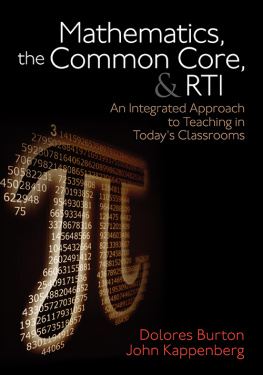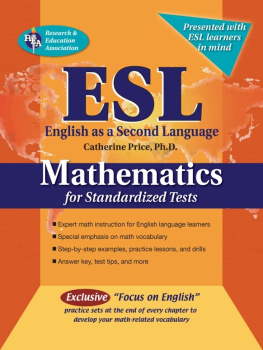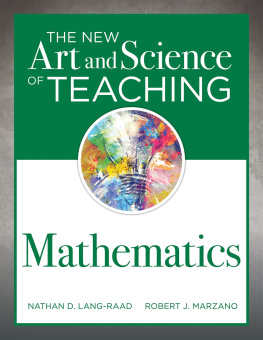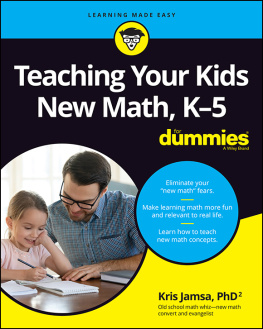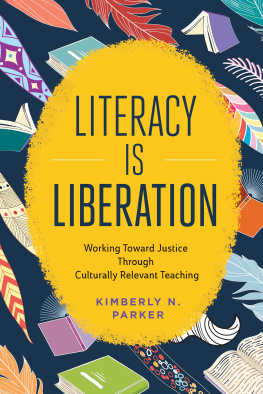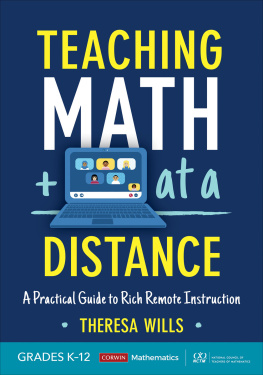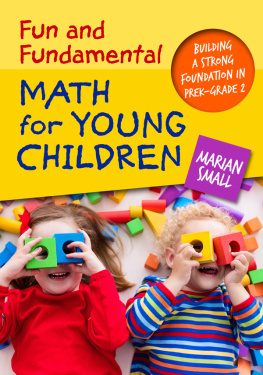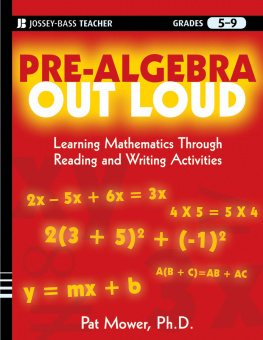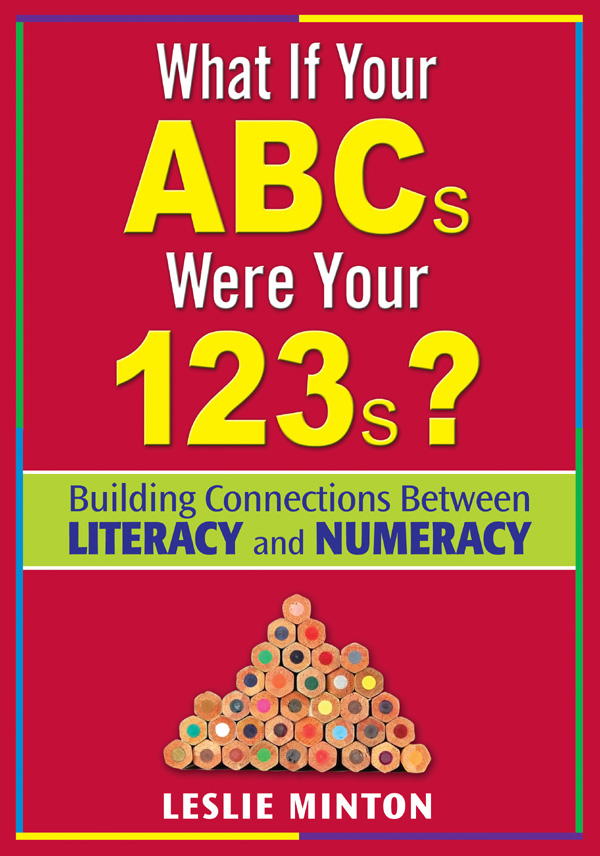Leslie Minton - What If Your ABCs Were Your 123s?: Building Connections Between Literacy and Numeracy
Here you can read online Leslie Minton - What If Your ABCs Were Your 123s?: Building Connections Between Literacy and Numeracy full text of the book (entire story) in english for free. Download pdf and epub, get meaning, cover and reviews about this ebook. year: 2007, publisher: SAGE Publications, genre: Religion. Description of the work, (preface) as well as reviews are available. Best literature library LitArk.com created for fans of good reading and offers a wide selection of genres:
Romance novel
Science fiction
Adventure
Detective
Science
History
Home and family
Prose
Art
Politics
Computer
Non-fiction
Religion
Business
Children
Humor
Choose a favorite category and find really read worthwhile books. Enjoy immersion in the world of imagination, feel the emotions of the characters or learn something new for yourself, make an fascinating discovery.

- Book:What If Your ABCs Were Your 123s?: Building Connections Between Literacy and Numeracy
- Author:
- Publisher:SAGE Publications
- Genre:
- Year:2007
- Rating:4 / 5
- Favourites:Add to favourites
- Your mark:
What If Your ABCs Were Your 123s?: Building Connections Between Literacy and Numeracy: summary, description and annotation
We offer to read an annotation, description, summary or preface (depends on what the author of the book "What If Your ABCs Were Your 123s?: Building Connections Between Literacy and Numeracy" wrote himself). If you haven't found the necessary information about the book — write in the comments, we will try to find it.
Makes an interesting and thought-provoking contribution to the field of mathematics instruction. Looking at math and literacy as closely aligned language structures creates a need to rethink the strategies used for math instruction.
Catherine Hernandez, Second-Grade Teacher
Detroit Public Schools, MI
Its about time! Teaching literacy has been researched, written about, and rewritten so that it can be taught using the most effective methods for optimal learning. Little of this has transpired for mathematics. This book is very unique.
Deborah Gordon, Third-Grade Teacher
Madison Simis School, Phoenix, AZ
Transform the way you think about and teach elementary-level mathematics!
While many teachers feel confident about their preparation and strategic repertoire for literacy instruction, some are less confident about their preparation and content depth for teaching math. Based on the idea that mathematics and reading are two subject areas more alike than different, What If Your ABCs Were Your 123s? illustrates the parallels between literacy and mathematics and helps elementary teachers take what they know about teaching literacy and apply that knowledge to strengthen their math instruction.
Designed for the primary and elementary levels, this practical handbook illustrates how teachers can deepen their own mathematical understanding and improve students achievement by providing:
Gain a detailed, comprehensive understanding of the relationship between literacy and numeracy and significantly increase your effectiveness in mathematics instruction!
Leslie Minton: author's other books
Who wrote What If Your ABCs Were Your 123s?: Building Connections Between Literacy and Numeracy? Find out the surname, the name of the author of the book and a list of all author's works by series.

